I wonder if it’s a function of my age (more than a few anniversaries of my 39th birthday), always being connected to technology, or my Type A personality. Why do I feel tired? Come to think of it, maybe it’s a combination of all of that.
I see so many of my peers juggling so many tasks, work, kids, a rich and varied social life and hobbies. Am I that different? Many of my women friends seem to make it look so easy, so why do I feel like there’s just not enough hours in the day? Why does it seem so easy for others and such a challenge for me?
I am lucky enough to have a career I love, a husband who pitches in and a mother who is still pretty independent. I also have four dogs (a self-imposed commitment), great friends and the opportunities afforded to people who grew up in the middle class with two college-educated parents. So when I see my friends who are either single parents, grandparents raising their children’s children or working two jobs because there are several children to care for; I think, wow… why am I complaining when I don’t have any of those extra demands on my time?
I think most women are stretched very thin.
I think most women are stretched very thin. I think most of us are kind and caring people who want our friends and family members to feel loved and valued, and the need to be all things to all people may be taking its toll on us. While it’s certainly different for women today vs. my grandmother’s generation, I know the expectation is still for women to do the visible chores — things like cleaning and cooking, but we also expected to do the invisible chores: sending family birthday cards, arranging holiday dinners. Is it any wonder the notion of self-care ends up fairly far down on the “to-do” list? So women went to work and forgot to lighten the load somewhere else, like outside of work.
If you’re like me, you may think you do things better than your husband (sorry, Norm). I guess I must be suffering from a notion of perfectionism. I’ve lately thought maybe 85 percent is good enough, assuming the yardstick by which I measure is my 100 percent. Yup, that’s my fastidiousness. Compounding this perfectionism is my work experience. Being focused, diligent, saying yes to new assignments has served me well at work. I’ve been promoted on the basis of my performance, so the inability to say no has helped catapult me forward. That can be tough to turn off at the end of the day.
So, what’s the answer? Taking a look at it by writing this column has certainly helped.
So, what’s the answer? Taking a look at it by writing this column has certainly helped. Going for a walk tonight with a friend and talking about this has made me even more self-aware of my need to take care of me and have quiet time.
I’m going to disconnect. Starting at 11 p.m. every night, when I’m not on call I’m turning the cell phone off. The issue is not really calls at night, but the constant ping that I have an email or text that piques my interest. In the event of an emergency, I still have a home phone that can alert me to an issue with my mom or at HOPE’s shelter (the domestic violence program where I work).
I should also try to be more focused on what I’m doing. What’s the opposite of multi-tasking? Is there such a thing of single tasking? Let’s try one thing at a time, being present in the moment, and avoid constant worrying about what else needs to be done. While I’m at it, how about slowing down … driving slower, eating slower, focusing on the people I’m with without checking my phone to see who else needs me.
At the office Friday, we talked about “having it all” and a wise colleague said, “We have to stop trying so hard to have it all, your friends don’t care about how perfect you are and how much you have.” Then she chuckled and said, “Besides… you can’t have it all – where would you put it?”
That laughter was the first step in lightening up and feeling more energized.
Laurel A. Lynch, executive director of HOPE Family Services, can be reached at laurel.lynch@hopefamilyservice.org
Credit: Bradenton Herald

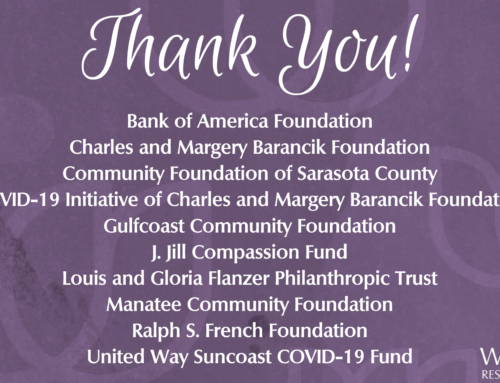



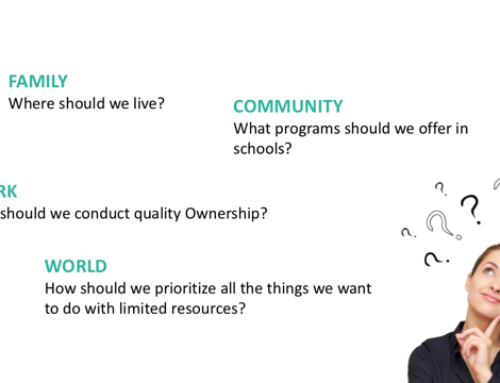




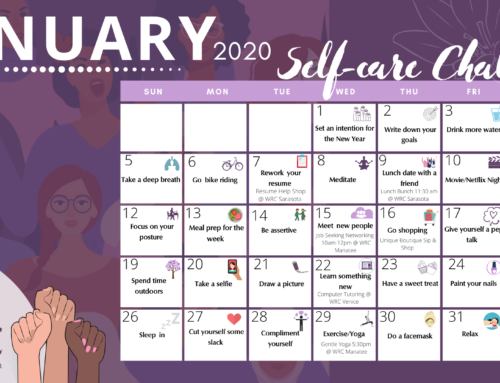
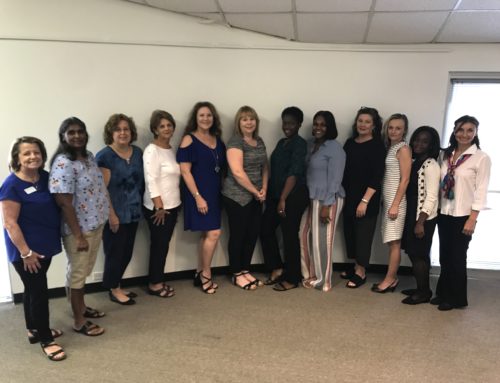

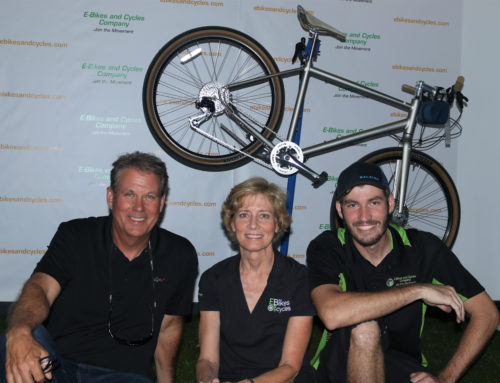

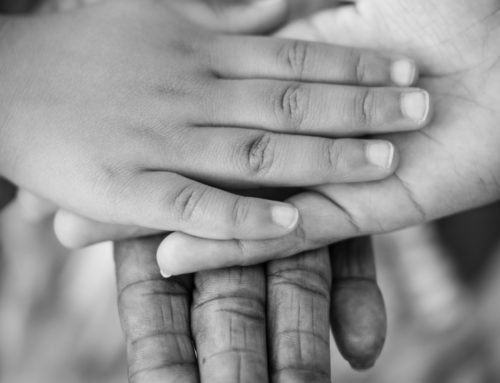
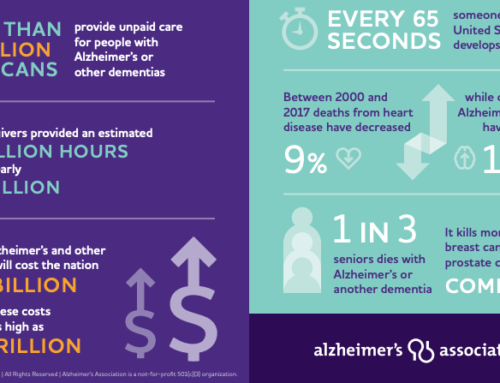


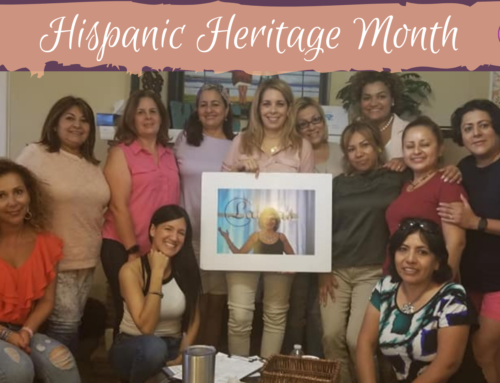

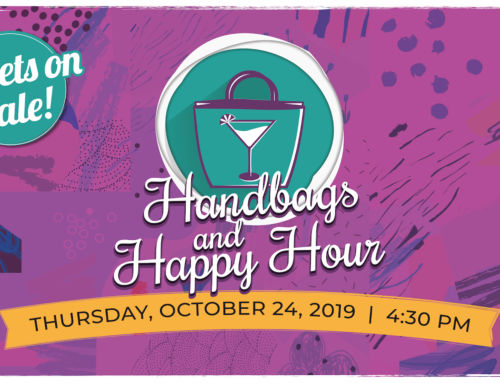





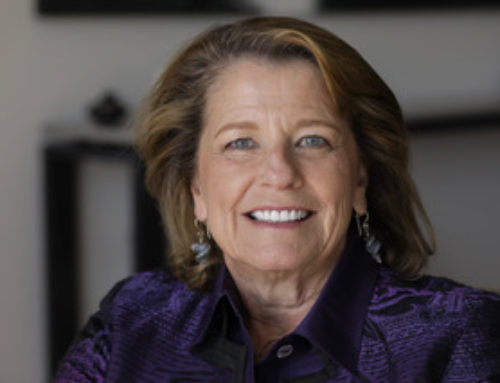
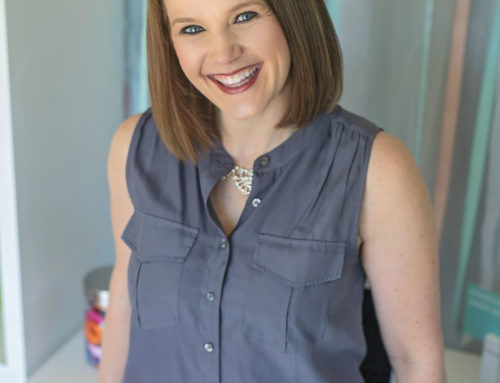









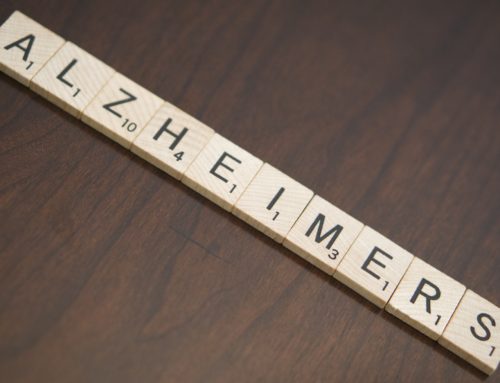









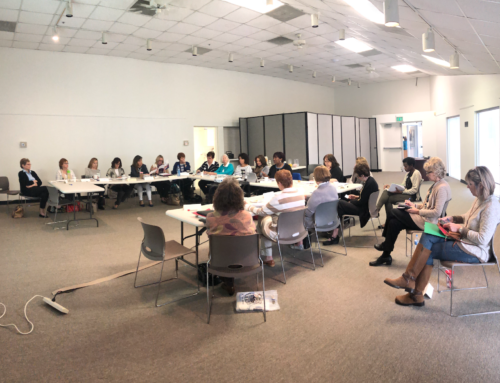





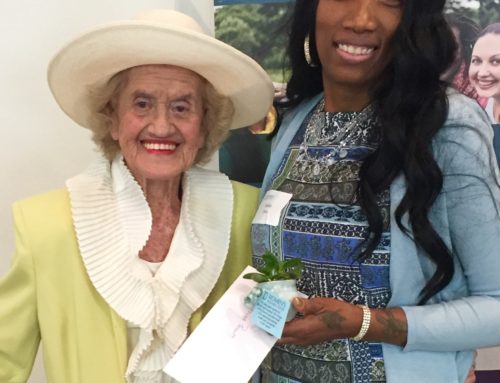

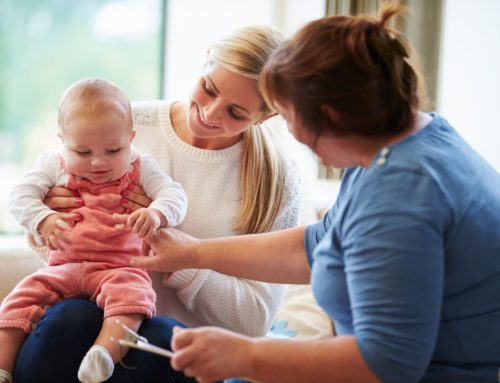
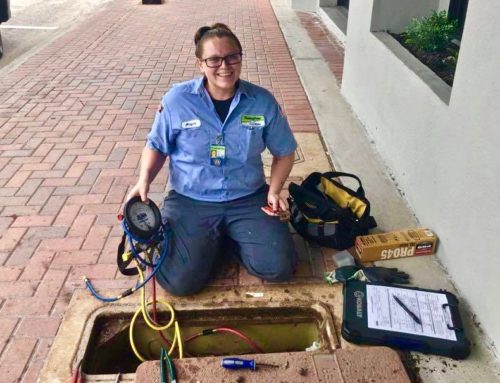





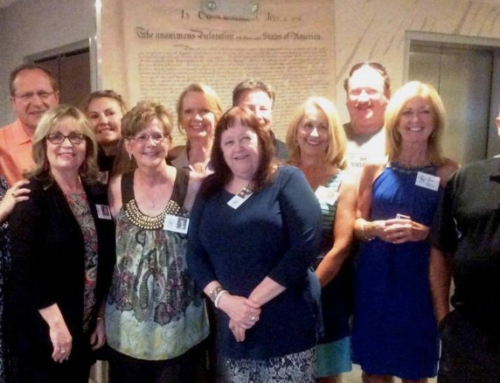
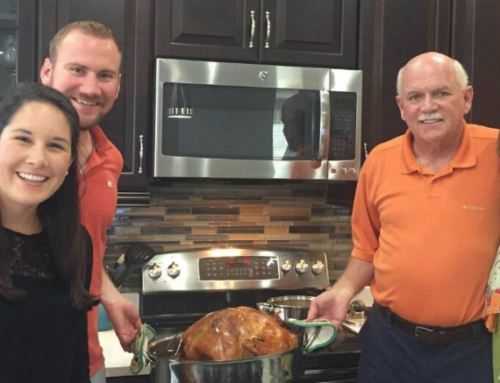

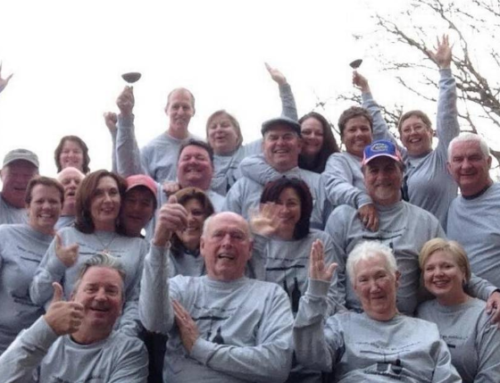


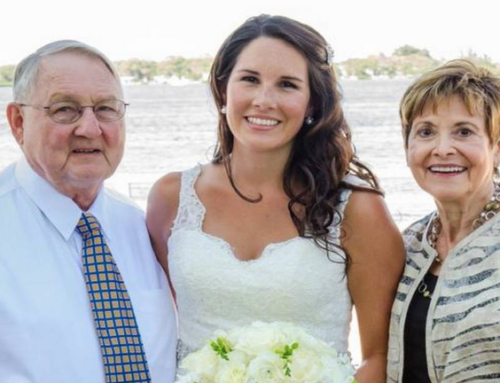


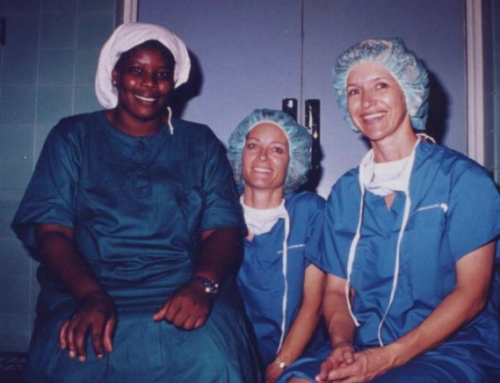
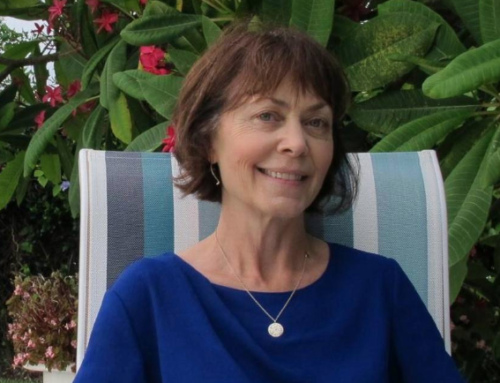


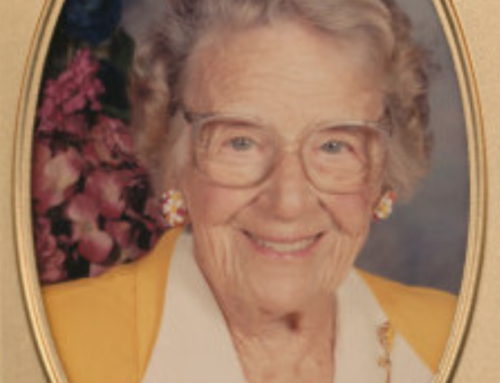

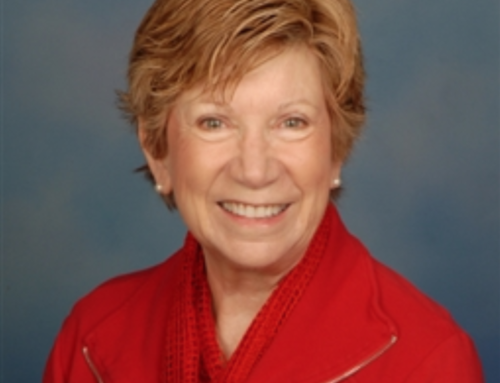
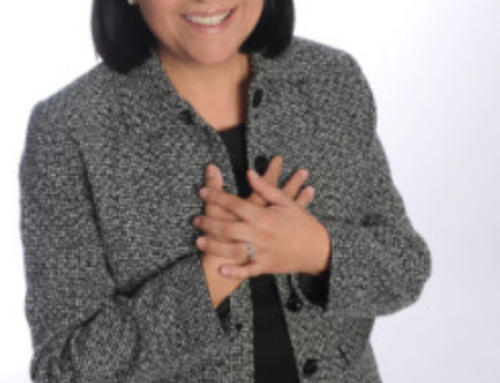
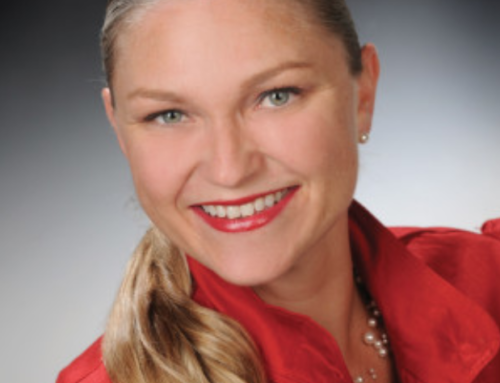


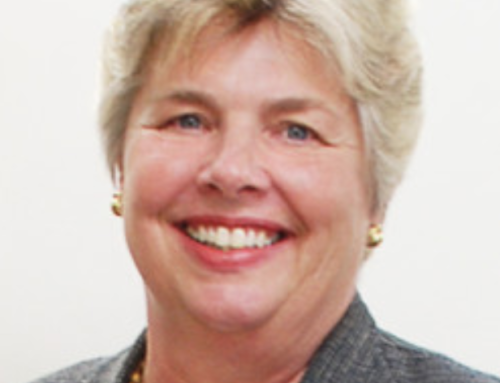
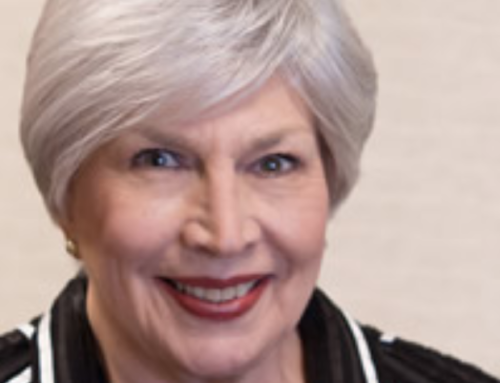
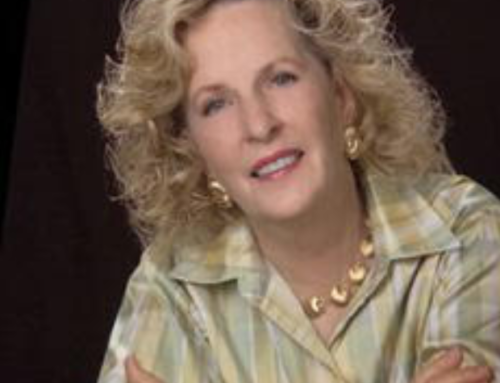


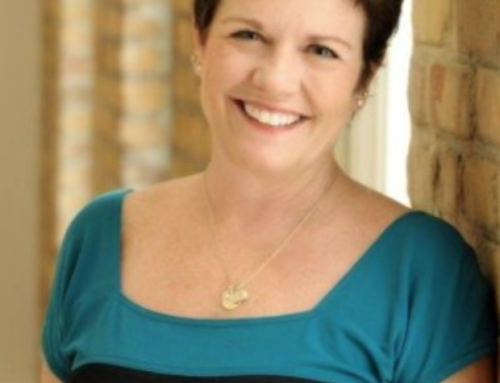



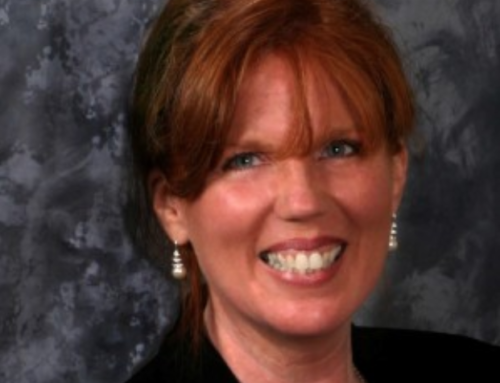



Leave A Comment